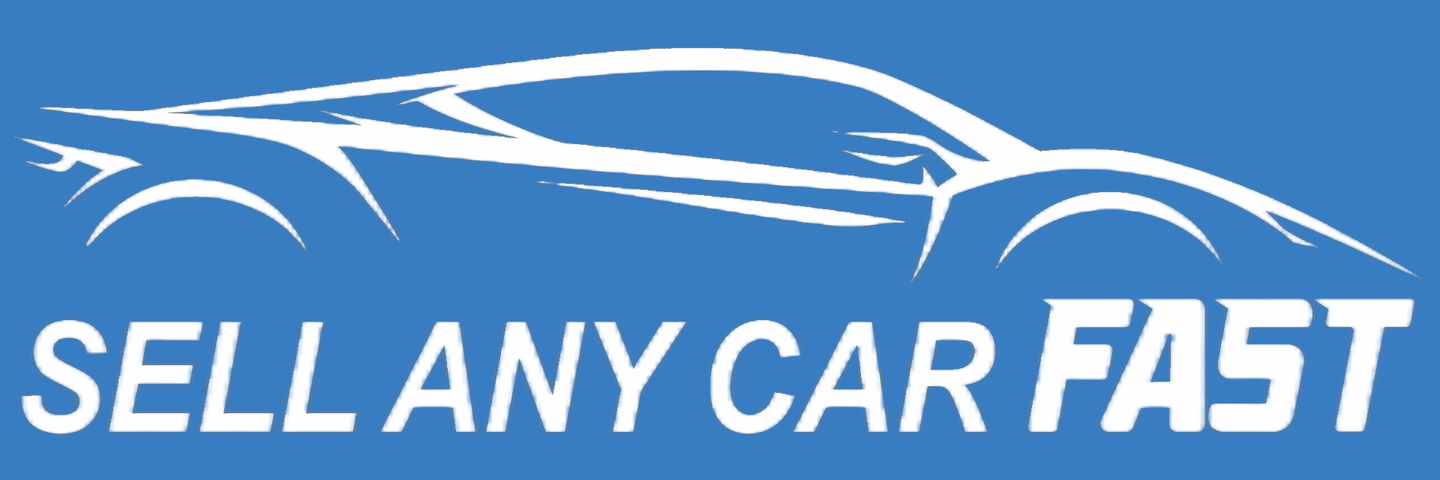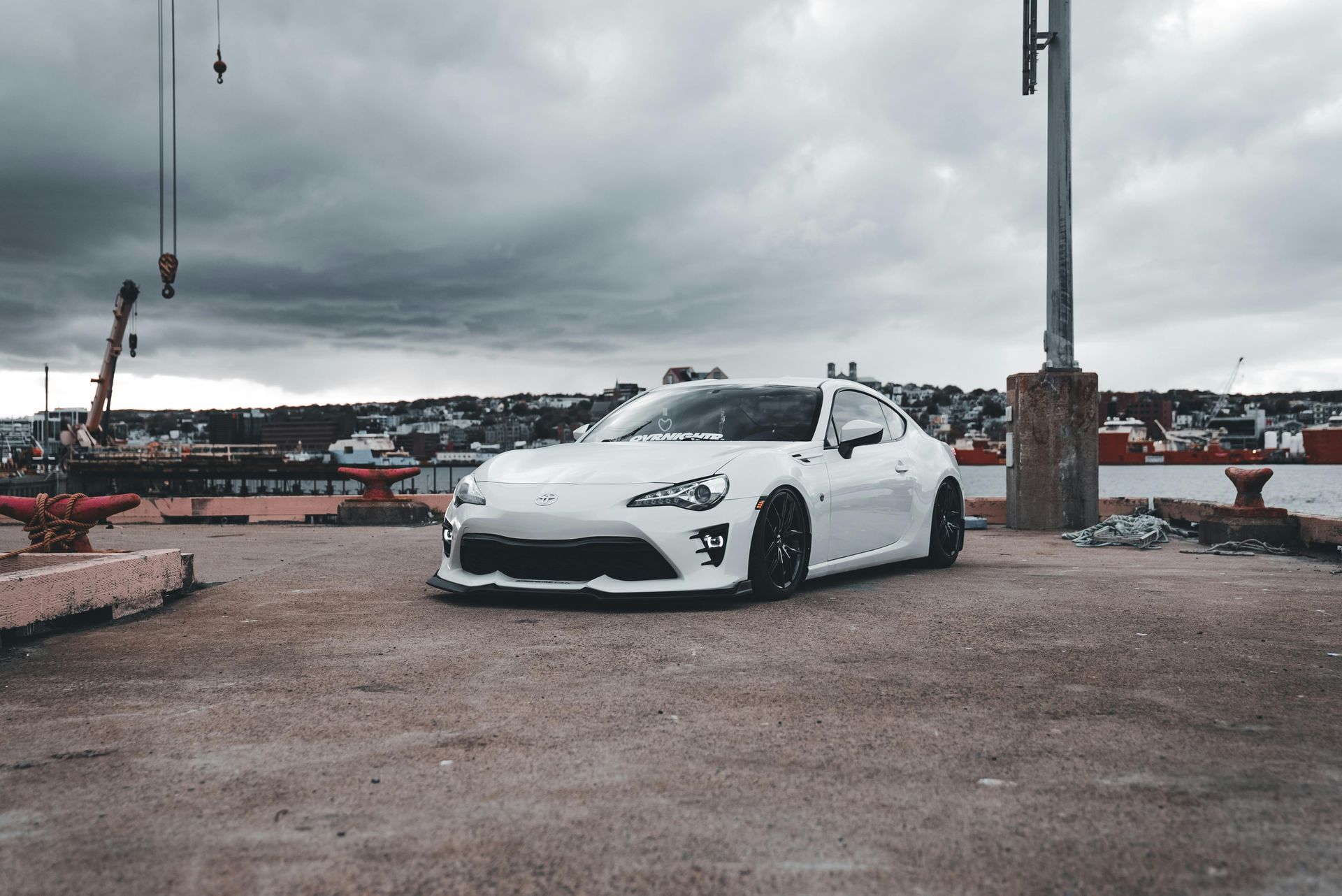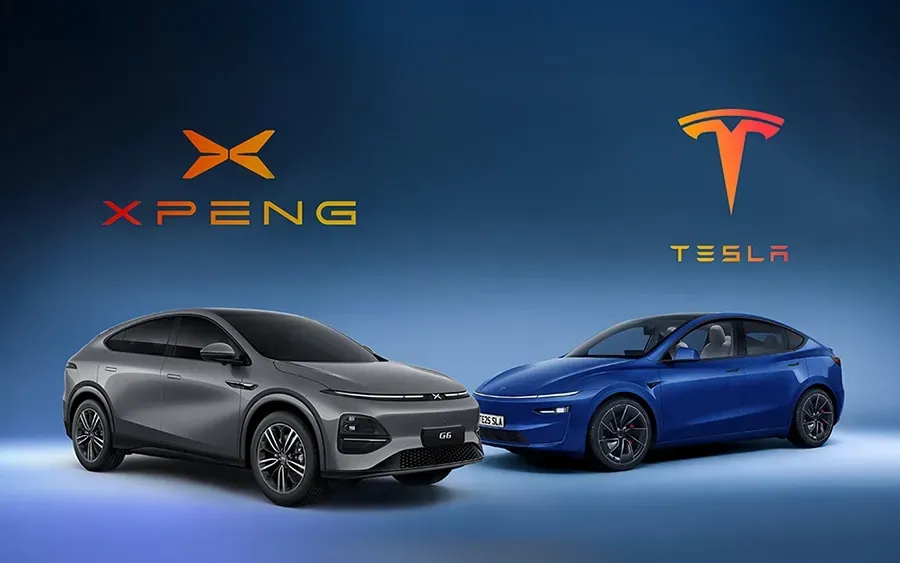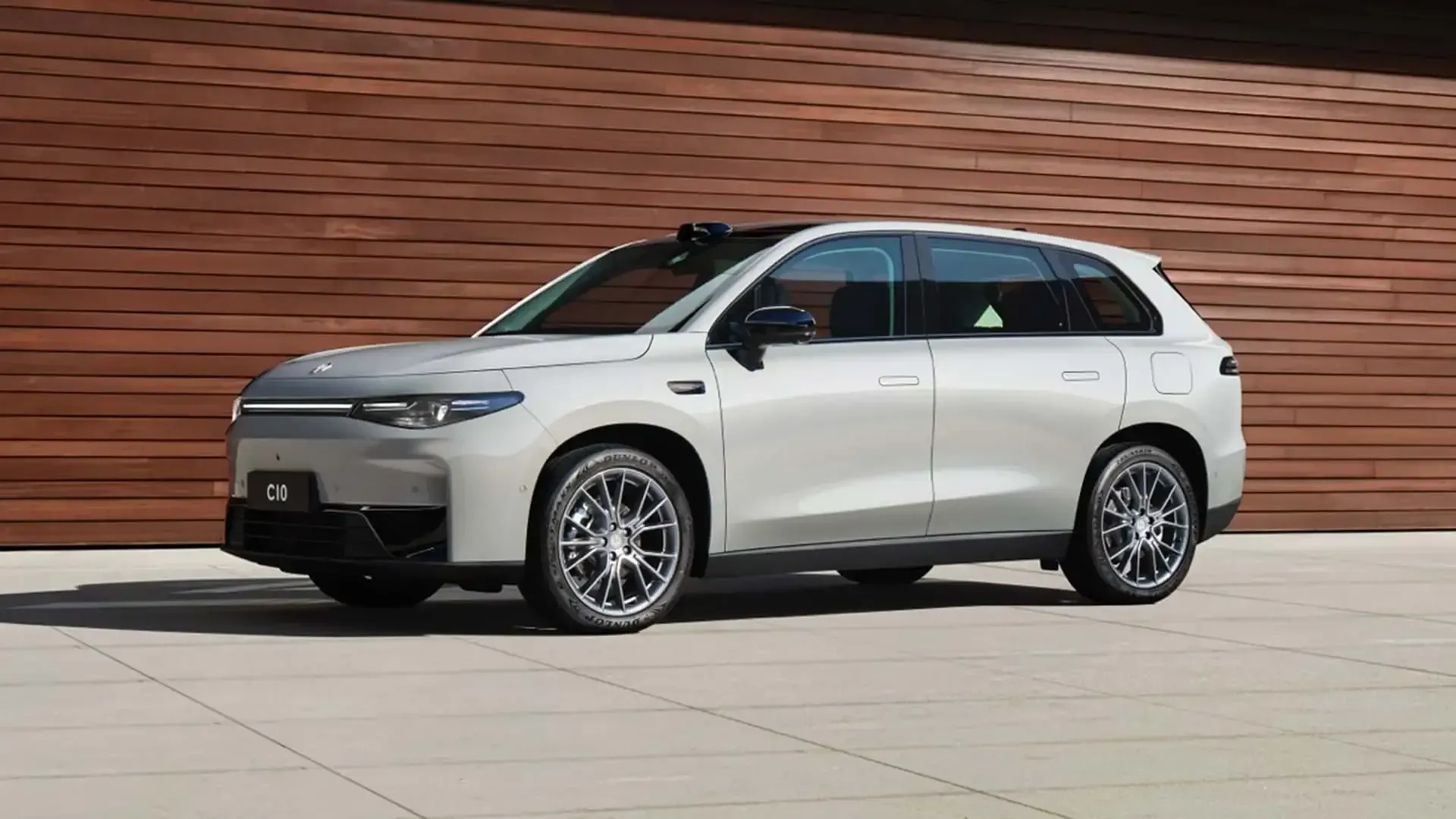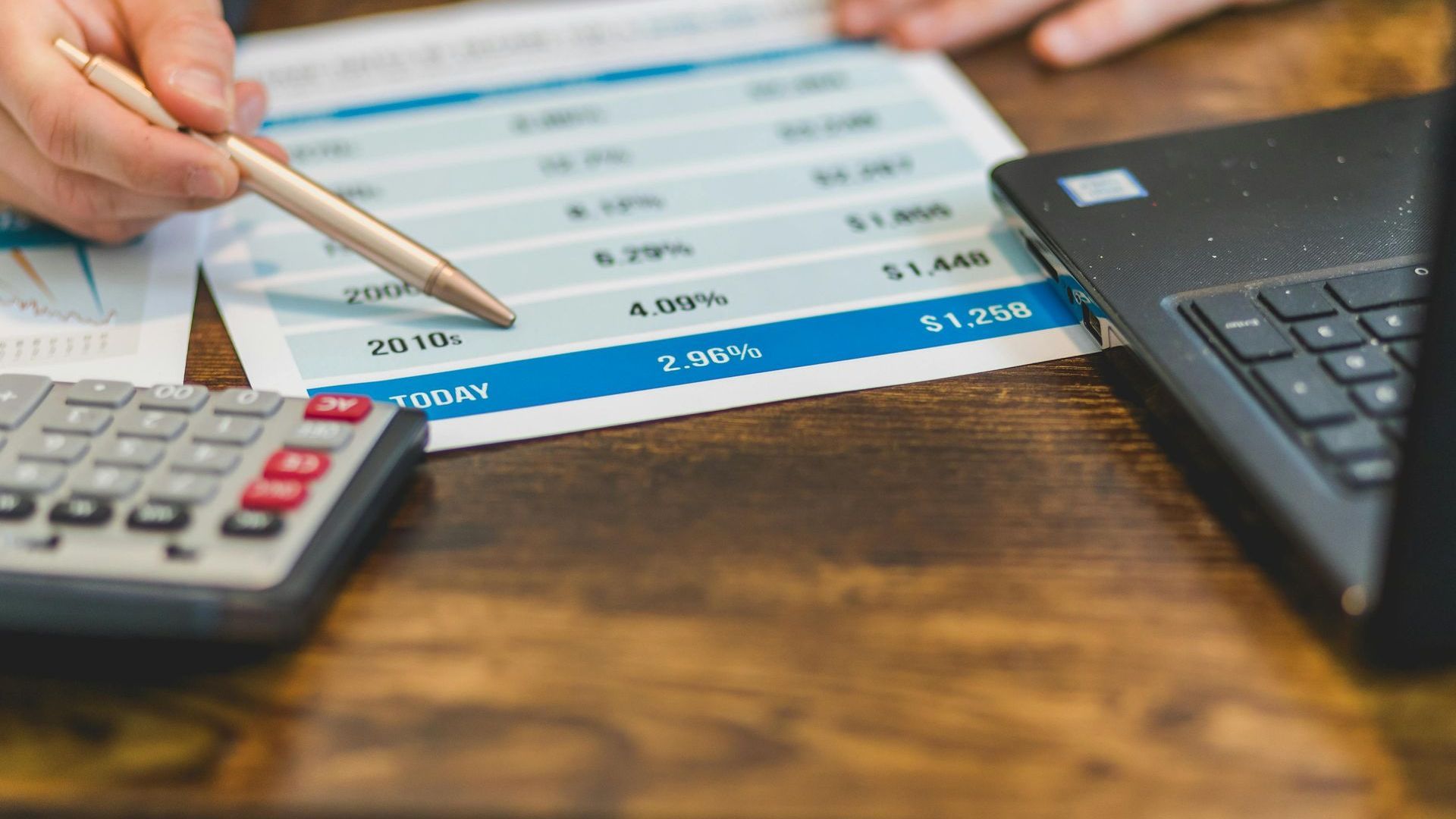
How Interest Rates Affect Used Car Prices
Interest rates play a crucial role in the used car market, influencing buyer demand and vehicle prices. Whether rates are rising or falling, they impact affordability, financing costs, and overall market trends. If you're planning to buy or sell a used car, understanding how interest rates affect prices can help you make smarter decisions.
The Relationship Between Interest Rates and Used Car Prices
When interest rates change, they affect the cost of borrowing money. Most used car buyers finance their purchases with loans, so higher or lower interest rates can significantly impact their budgets. Learn how to secure the best car finance interest rate.
Higher Interest Rates Mean Lower Demand for Used Cars
When interest rates rise, car loan repayments increase, making it more expensive for buyers to finance a vehicle. This often leads to:
- Lower demand – Fewer people can afford to take out car loans, reducing the number of buyers.
- Price drops – With less competition among buyers, used car prices may decline.
- Longer selling times – It may take longer to sell a car because fewer buyers can afford higher repayments.
Lower Interest Rates Drive Up Used Car Prices
When interest rates drop, borrowing becomes cheaper, encouraging more people to take out loans. This leads to:
- Increased demand – More buyers enter the market, willing to finance a vehicle purchase.
- Higher prices – With more competition, used car prices can rise.
- Faster sales – Cars sell more quickly because financing is more affordable.
Why Used Car Prices React More to Interest Rate Changes
Used car buyers are generally more sensitive to financing costs than new car buyers. Since many used car shoppers prioritise affordability, any increase in loan repayments due to higher interest rates can push them out of the market.
Unlike new car buyers, who may have access to manufacturer-backed low-interest loans, used car buyers rely on banks or lenders, making them more vulnerable to interest rate fluctuations. Improving your credit score may help secure a lower interest rate.
The Role of Inflation and the Economy
Interest rates are often adjusted by central banks to control inflation and economic growth. During high inflation, interest rates typically rise to curb spending, which slows down the car market. Conversely, during economic downturns, lower interest rates stimulate borrowing, increasing car sales.
For example, during the COVID-19 pandemic, record-low interest rates contributed to a surge in used car prices as buyers rushed to take advantage of cheap financing. However, as inflation rose and interest rates increased in subsequent years, used car prices started to cool down. Stay updated with Brisbane's used car market insights.
What This Means for Car Buyers and Sellers
If You're Buying a Used Car
Keep an eye on interest rates. If rates are high, you may want to wait for better financing conditions. If rates are low, it’s a great time to buy before prices increase.
If You're Selling a Used Car
High interest rates might make it harder to find buyers, so consider adjusting your price or offering flexible payment options. In a low-interest-rate market, expect more demand and better pricing. If you’re selling a financed car, here’s what you need to know.
Final Thoughts
Interest rates have a direct impact on used car prices, influencing affordability and market demand. When rates rise, prices typically drop due to reduced buyer demand. When rates fall, used car prices can increase as financing becomes more attractive.
If you're in the market to buy or sell, staying informed about interest rate trends can help you make the best financial decision. Keep an eye on market conditions, compare financing options, and time your purchase or sale accordingly.

